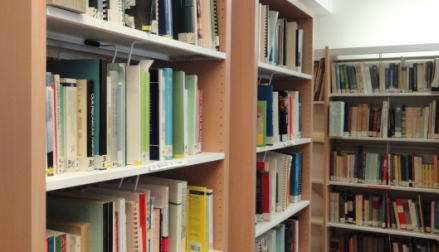| Titre : |
Applied numerical methods using MATLAB |
| Type de document : |
livre |
| Auteurs : |
Yang, W.Y. ; Cao, W. ; Chung, T.-S. ; Morris, J. |
| Editeur : |
Hoboken, New Jersey, USA : Wiley |
| Année de publication : |
2005 |
| Importance : |
509 p. |
| ISBN/ISSN/EAN : |
978-0-471-69833-3 |
| Langues : |
Anglais (eng) |
| Mots-clés : |
Data processing Numerical analysis Optimization methods |
| Résumé : |
In recent years, with the introduction of new media products, there has been a shift in the use of programming languages from FORTRAN or C to MATLAB for implementing numerical methods. This book makes use of the powerful MATLAB software to avoid complex derivations, and to teach the fundamental concepts using the software to solve practical problems. Over the years, many textbooks have been written on the subject of numerical methods. Based on their course experience, the authors use a more practical approach and link every method to real engineering and/or science problems. The main benefit is that engineers don't have to know the mathematical theory in order to apply the numerical methods for solving their real-life problems. [Résumé éditeur] |
| Note de contenu : |
Hbk; |
| En ligne : |
http://www.loc.gov/catdir/toc/ecip0418/2004013108.html |
Applied numerical methods using MATLAB [livre] / Yang, W.Y. ; Cao, W. ; Chung, T.-S. ; Morris, J. . - Hoboken, New Jersey, USA : Wiley, 2005 . - 509 p. ISBN : 978-0-471-69833-3 Langues : Anglais ( eng)
| Mots-clés : |
Data processing Numerical analysis Optimization methods |
| Résumé : |
In recent years, with the introduction of new media products, there has been a shift in the use of programming languages from FORTRAN or C to MATLAB for implementing numerical methods. This book makes use of the powerful MATLAB software to avoid complex derivations, and to teach the fundamental concepts using the software to solve practical problems. Over the years, many textbooks have been written on the subject of numerical methods. Based on their course experience, the authors use a more practical approach and link every method to real engineering and/or science problems. The main benefit is that engineers don't have to know the mathematical theory in order to apply the numerical methods for solving their real-life problems. [Résumé éditeur] |
| Note de contenu : |
Hbk; |
| En ligne : |
http://www.loc.gov/catdir/toc/ecip0418/2004013108.html |
|  |



